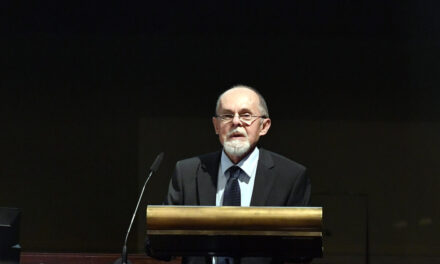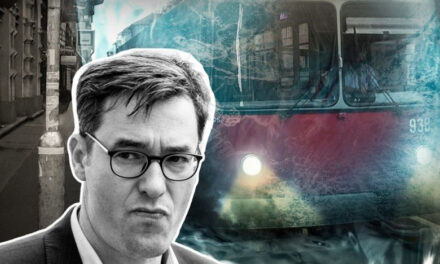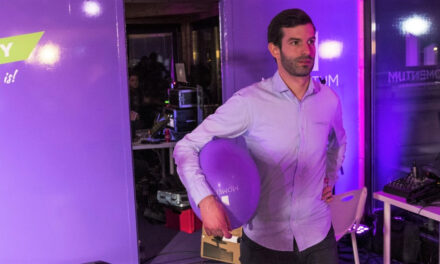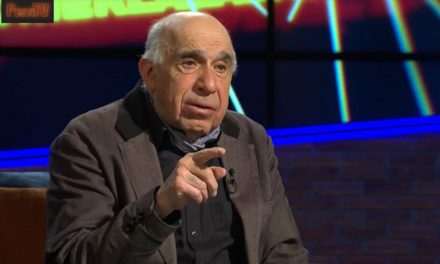In Hungary, the six-party "opposition coalition" announces primaries. Many people probably do not know what exactly this entails, their actions may be misleading, damage the credibility of the official elections, or may create a false impression.
Despite this, primaries are not regulated by any law in most countries, including Hungary. Perhaps that is why the whole process continues with such great enthusiasm, the very first goal of which is to constantly thematize public life, as if we were preparing for real elections that will decide everything. It is as if the 2022 election is already decided in favor of the candidates.
The 2020 Hungarian primary election is organized by the civil association called aHang, which was also responsible for conducting the 2019 mayoral primary election. According to current data on the aHang website, 11,711 voters have registered for the primary election so far. The process of the primary election will be supervised by an organization called the Civil Election Committee, made up of members of (pseud) civil organizations. Its president is star left-liberal lawyer György Magyar, who ran as a candidate for MSZP-Párbeszéd in the 2018 parliamentary elections.
According to our information, more than ten thousand helpers will be needed to conduct the primary election. Voting may cost HUF 200-300 million, which the parties will probably have to pay, but the organizers have not yet disclosed the budget and resources.
So far, five people have applied for the position of opposition prime minister candidate. Jobbik nominated Péter Jakab, Meninki Magyarországa Mozgalom Péter Márki-Zay, Momentum András Fekete-Győr, and DK nominated Klára Dobrev. As expected, Gergely Karácsony also took the stage. The question is whether the fiasco of the mayor, battered by the language stumbling and the diploma scandal, will force Gyurcsány to reform his "master plan?"
According to the Publikus survey, Gergely Karácsony overtook the Jobbik leader, the politician supported by MSZP, Párbeszéd and LMP became the most popular opposition prime minister candidate. Even then, he did not announce his departure.
According to the survey, Gergely Karácsony is supported by 31 percent of opposition voters, Klára Dobrev by 25 percent, and Péter Jakab is only third with his 19 percent. 13 percent would vote for Péter Márki-Zay, and only 2 percent for András Fekete-Győr.
However, no real competition is expected in the majority of the 106 constituencies!
In fact, the primary is just a disguise. In many places, in addition to the real ones, they run fake candidates who are hardly known in the given constituency and have no chance against the "candidate-candidate".
In all constituencies, no party is fielding a candidate, only DK. It's amazing how hair-raisingly the parties throw their former principles in response to Gyurcsány's Cipolla moves.
"Ágnes Kunhalmi can count on Jobbik. We support him in the primary election! Come on, Ági!" - wrote, for example, Péter Jakab, the president of Jobbik. Not long after, Ágnes Kunhalmi, the co-president of the MSZP, announced that the socialists are supporting Gergely Kálló from Jobbik in electoral district No. 4 of Fejér County. He put it like this:
"A big battle awaits you again, Gergely, you can count on the support of the MSZP in this! Come on, Gergő!"
I wonder what the Goy Motorists, the former Guardsmen, or the pensioners of Lipótváros who can't stand them have to say about this?
There are many forms of primary elections in the world, this political tool is primarily used to assess the support of parties for their own candidates. But such a mixed "cold meat" is not well known in contemporary history.
Since this primary election circus is taking place in our country for the first time and in a rather special way, since the cards are distributed in advance, it is feared that this action may also undermine the faith in the seriousness of the democratic institutional system. Since voters are obviously just extras in the pre-arranged stage show, this can seriously undermine public confidence in elections. You can upset people!
Therefore, some kind of legal regulation would definitely be justified!
Source: mandiner.hu













